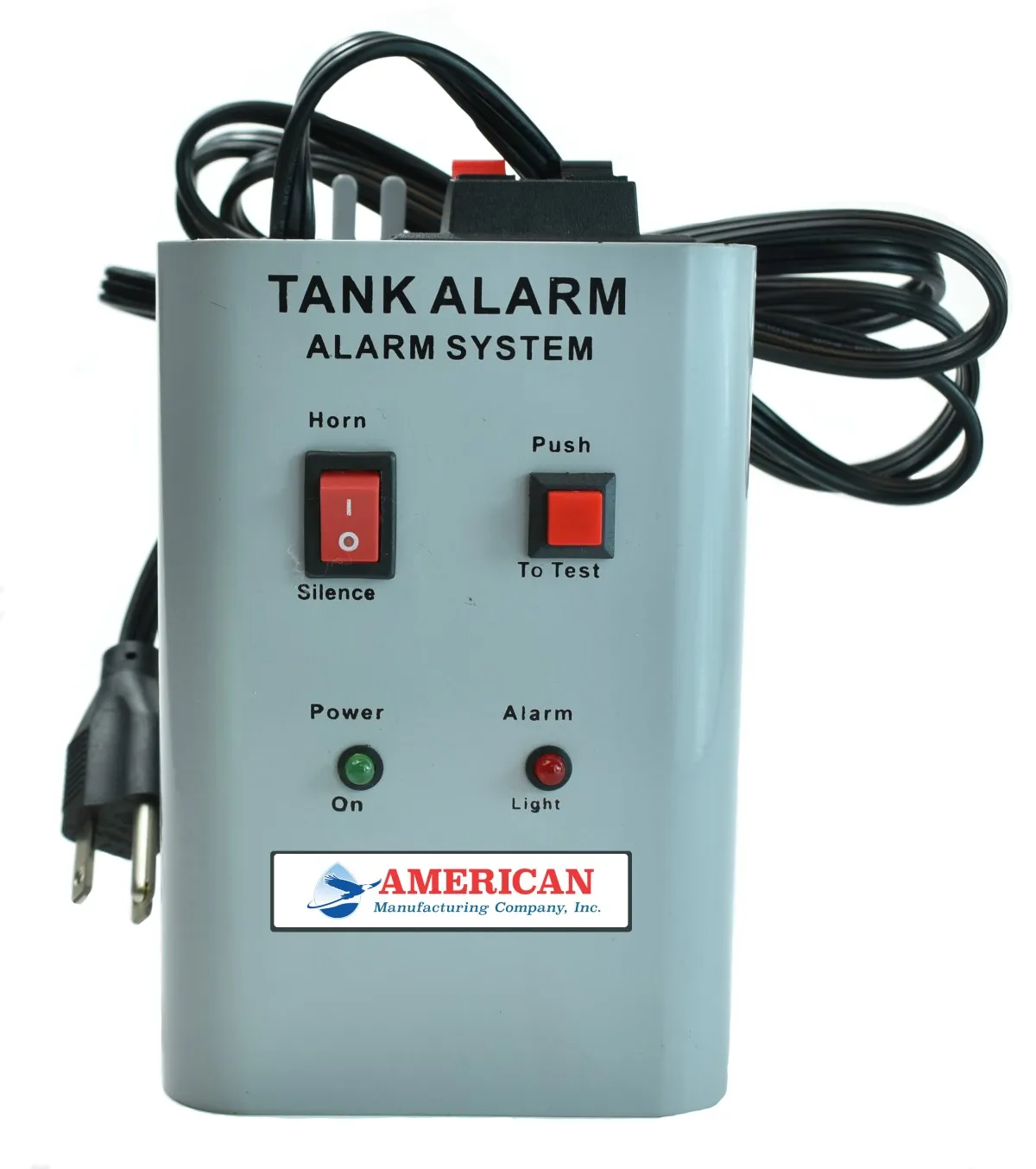Do All Septic Tanks Have Alarms? What Every Homeowner Should Know

Have you ever been startled by a strange beeping sound coming from somewhere in your home or yard? If you have a septic system, that mysterious noise might be your septic tank alarm trying to tell you something important!
Many homeowners ask us: "do all septic tanks have alarms?" It's a great question that deserves a clear answer.
The truth is, not all septic tanks have alarms, but many modern systems do. Understanding whether your system has an alarm—and what it's trying to tell you when it goes off—can save you from messy, expensive problems down the road.
What Are Septic Tank Alarms?
Septic tank alarms are warning devices that alert you when something isn't working right in your septic system. Think of them as your septic system's way of asking for help!
Why Septic Alarms Matter
These alarms aren't just annoying noises. They're trying to prevent serious problems:
They warn you before sewage backs up into your home
They help prevent environmental contamination
They can save you thousands of dollars in repair costs
They protect your family's health and safety
According to the Environmental Protection Agency, proper septic system maintenance is essential for protecting public health and preserving valuable water resources.
Do All Septic Tanks Have Alarms?
So, do all septic tanks have alarms? Here's the straightforward answer:
Traditional Gravity Systems Often Don't Have Alarms
If you have an older, conventional gravity-fed septic system, you might not have an alarm. These systems:
Use gravity to move waste from your house to the tank
Don't have electrical components that need monitoring
Were installed before alarms became common
Rely on manual inspection to catch problems
Modern and Alternative Systems Usually Do Have Alarms
According to National Environmental Services Center, most newer septic systems and all alternative systems have alarms. These include:
Aerobic Treatment Units (ATUs)
Mound systems
Pressure distribution systems
Pumps and siphons
Systems with electrical components
How to Check if Your Septic Tank Has an Alarm
Not sure if your system has an alarm? Follow these simple steps:
Look for a small control panel box on the wall of your house, garage, or near your septic tank
Check for a small pole with a box near your septic tank
Review your septic system documentation if you have it
Ask your septic service provider during your next maintenance visit
Types of Septic Tank Alarms
Not all septic tank alarms are the same. Here are the main types you might encounter:
High-Level Alarms
These are the most common type of septic alarm.
They alert you when the wastewater level in your tank is too high
They often indicate a problem with your drain field or pump
They usually make a loud beeping sound and flash a red light
They need immediate attention to prevent backup
Pump Failure Alarms
If your system uses a pump, it likely has an alarm for pump problems.
They warn you when the pump stops working
They alert you to electrical issues
They can indicate when your pump is working too hard
They typically have a different sound or light pattern than high-level alarms
What to Do When Your Septic Alarm Goes Off
Don't panic! Follow these steps when your alarm sounds:
Press the silence button on the alarm panel if available
Reduce water usage in your home immediately
Check the alarm panel for any specific error codes or lights
Call a licensed septic professional for inspection
Do not try to fix complex septic issues yourself
The National Onsite Wastewater Recycling Association recommends always working with qualified professionals for septic system repairs.
Maintaining Your Septic System with or without an Alarm
Whether or not your septic tank has an alarm, proper maintenance is crucial. Here's what to do:
Schedule Regular Inspections
Have your system inspected every 1-3 years
Keep detailed records of all services
Ask the inspector to check alarm functionality if you have one
Follow all recommendations from your septic professional
Practice Water Conservation
Spread out laundry loads throughout the week
Fix leaky faucets and running toilets promptly
Install water-efficient fixtures
Avoid running multiple water-using appliances at once
Be Careful What Goes Down Your Drains
Never flush "flushable" wipes, feminine products, or paper towels
Keep grease, oil, and food scraps out of your drains
Avoid harsh chemicals and antibacterial soaps
Use septic-safe toilet paper
Should You Add an Alarm if Your System Doesn't Have One?
If your septic system doesn't have an alarm, you might consider adding one. Here's why:
Early warning can prevent catastrophic failures
It adds peace of mind, especially during heavy rain or when on vacation
It can be relatively inexpensive compared to major repairs
Some areas now require alarms on all systems
According to HomeAdvisor, installing a basic septic alarm system typically costs between $200-$300, while major septic repairs can run into thousands.
Conclusion
Understanding your septic system is an important part of responsible homeownership. While "do all septic tanks have alarms" is a common question, now you know that it depends on your system type and age. Newer and alternative systems typically do have alarms, while older conventional systems might not.
Whether your system has an alarm or not, regular maintenance is the key to avoiding smelly, expensive problems. If you don't have an alarm, consider adding one for peace of mind. And if that alarm does go off, now you know exactly what to do!

© 2025 | All Rights Reserved | Privacy Policy
